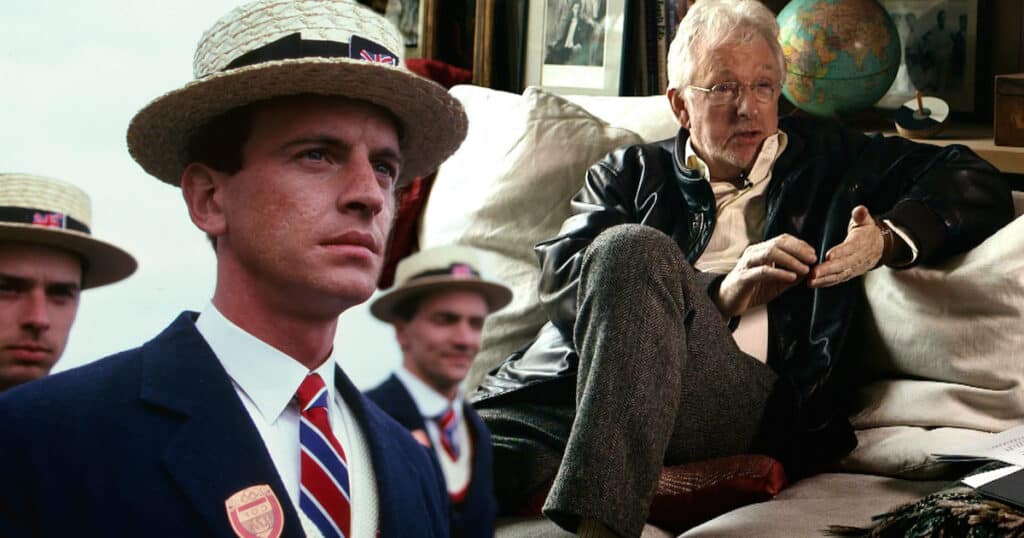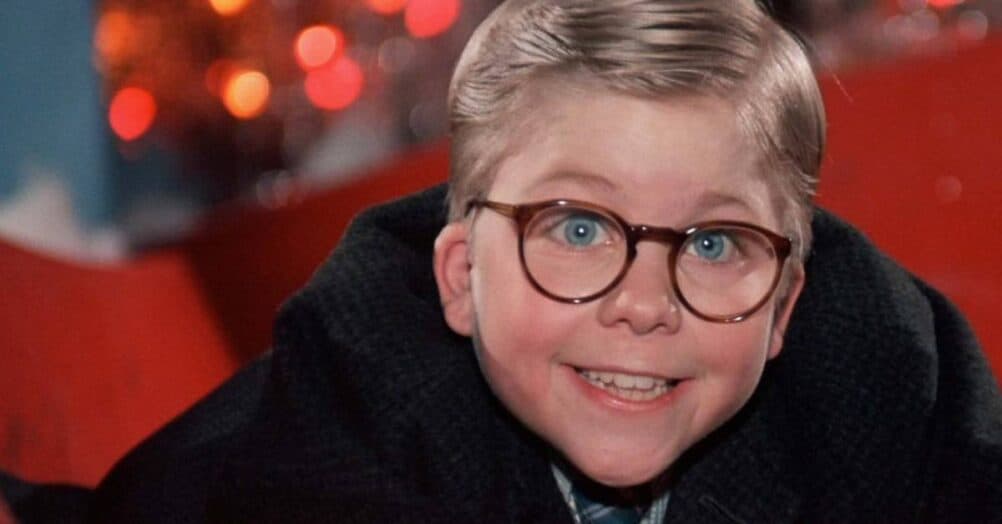
The Oscar-nominated British filmmaker Hugh Hudson has passed away. Famous for his documentary and advertising work, Hudson shot Chariots of Fire, one of the most celebrated films in British history, and Best Picture winner at the 1981 Oscars ceremony. Hudson was 86 when he passed away on Friday at Charing Cross hospital in London after a brief illness.
Hudson directed seven films throughout his career, including Greystoke: The Legend of Tarzan, Lord of the Apes (1984), Revolution, Lost Angels, and more. Hailed as a maker of lasting cinema, Hudson’s Revolution, starring Al Pacino, was a box office bomb, earning roughly $350,000 against a reported $29 million budget. The backlash left a lasting impression on Hudson and compelled Pacino to exit the acting scene for roughly four years.
Hudson cut his teeth as a second-unit director for filmmaker Alan Parker and producer David Puttnam on Midnight Express. Puttnam was impressed by Hudson’s keen eye for detail and wanted his skills for Chariots of Fire. Hudson was passionate about the project, which revolved around two British sprinters competing at the 1924 Summer Olympics in Paris. If you’re unfamiliar with the film, you probably know the famous song by Greek composer Vangelis that accompanies the famous scene of competitors running along the waterfront. “I knew we needed a piece that was anachronistic to the period to give it a feel of modernity,” Hudson said about the inspiring track. Chariots of Fire sprinted to more than $60 million off a $5.5 million budget, making the drama Britain’s highest-grossing film that year.
Born on August 25, 1936, Hudson attended a boarding school before enrolling at Eton College. He later joined the Dragoon Guards before getting behind the camera. He started in the casting department at a London ad agency while moonlighting as a documentary editor in Paris. Later, he teamed with David Cammell to establish a documentary film company. American graphic designer Robert Brownjohn joined the team, which became Cammell Hudson Brownjohn Associates. The team developed several commercials and even created the title sequence for Goldfinger.
Hudson eventually dabbled in short films, shooting projects like A… Is for Apple, and a silent movie for the Pirelli tire company titled The Tortoise and the Hare. Hudson joined Ridley Scott Associates in the early 1970s, shooting a series of notable commercials before forming Hudson Film.
Sadly, Revolution was a mess. The film suffered numerous setbacks before losing Pacino’s narration, lopping the final 10 minutes off the film and rushing it into theaters. The experience soured Hudson and Pacino on the constraints of studio filmmaking for years. Hudson eventually returned with 1989’s Lost Angels, starring Donald Sutherland and Beastie Boy Adam Horowitz. The film focuses on a troubled youth from a split Los Angeles family who was sent to a private psychiatric hospital after a violent scrape with the police.
Lost Angels reinvigorated Hudson, who went to work on such projects as My Life So Far (1997), I Dreamed of Africa (2000), and Finding Altamira (2016), each meeting with varying degrees of success.
Despite his short list of feature films, Hudson’s body of work is extensive, with the filmmaker dipping his toe into varying forms of entertainment. We’ve lost a Jack of Many Trades today, and we wish nothing but the best for Mr. Hudson’s family and friends as they heal from this unfortunate loss. Rest well, sir.


















Follow the JOBLO MOVIE NETWORK
Follow us on YOUTUBE
Follow ARROW IN THE HEAD
Follow AITH on YOUTUBE